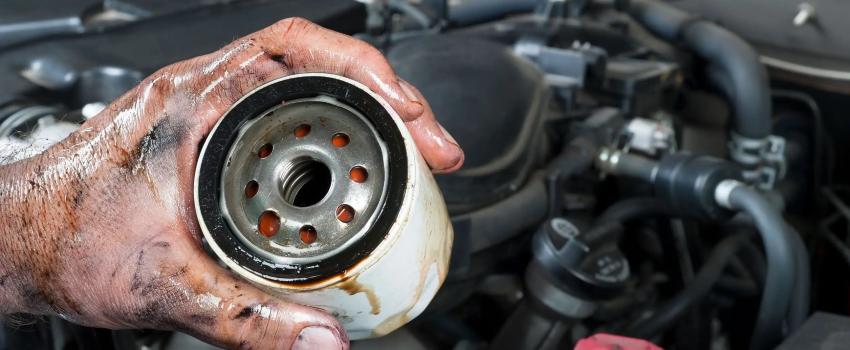
How often should I change the engine oil in a car?
The frequency of engine oil changes depends on various
factors, including the vehicle's make and model, the type of engine oil used,
driving conditions, and the manufacturer's recommendations. In the past, the
common practice was to change engine oil every 3,000 kilometers. However,
modern vehicles and improved engine oil formulations have extended the
recommended oil change intervals.
Most vehicles today, especially those using synthetic engine oils and adhering to API SP or API SN service categories, can go much longer between oil changes. Typical oil change intervals for modern vehicles range from 5,000 to 12,000 kilometers, or even longer, depending on the manufacturer's guidelines.
To determine the appropriate oil change interval for your
specific vehicle, it's essential to consult your vehicle's owner's manual. The
owner's manual provides the manufacturer's recommended maintenance schedule,
including the ideal oil change interval based on the vehicle's design and
engineering.
Some factors that can influence oil change frequency include:
Vehicle
Age and Condition: Older vehicles or those with higher
mileage may require more frequent oil changes to ensure optimal engine
performance and protection.
Driving
Conditions: Severe driving conditions, such as
frequent stop-and-go traffic, towing, driving in extreme temperatures, or
off-road driving, can place additional stress on the engine and warrant more
frequent oil changes.
Synthetic
vs. Mineral Oil: Synthetic oils generally have longer
oil change intervals compared to mineral oils. If your vehicle uses synthetic
oil, you may be able to go longer between oil changes.
Personal
Driving Habits: Aggressive driving, short trips, and
frequent engine start-stop cycles can impact oil life and may require more
frequent oil changes.
Always follow the manufacturer's recommendations for oil change intervals to ensure the engine operates optimally and to maintain warranty compliance. Regularly changing the engine oil at the appropriate intervals is essential for engine health, longevity, and fuel efficiency.
Comments
Leave a comment
Your name and email address will not be stored in the browser and your email will not be published.